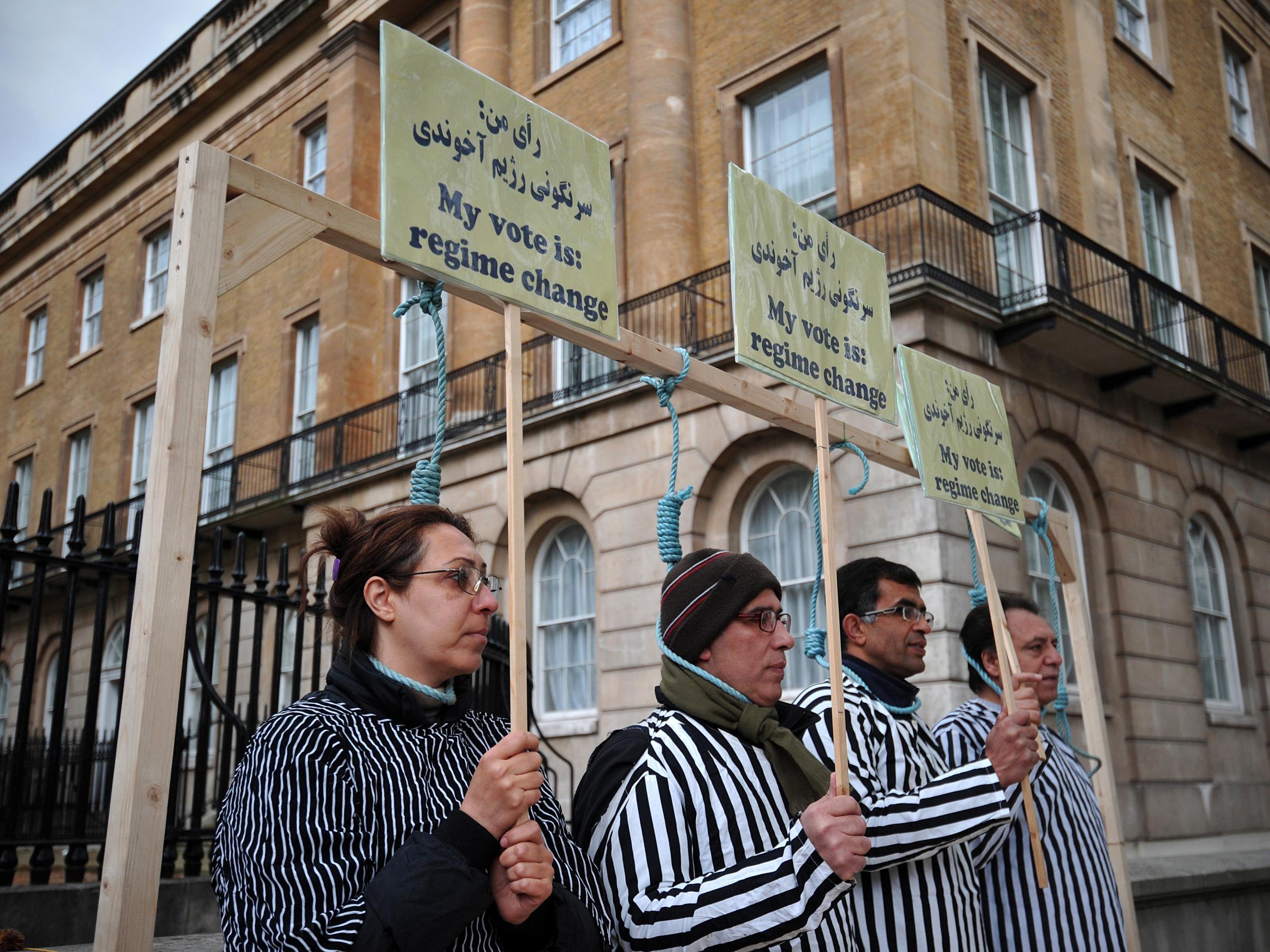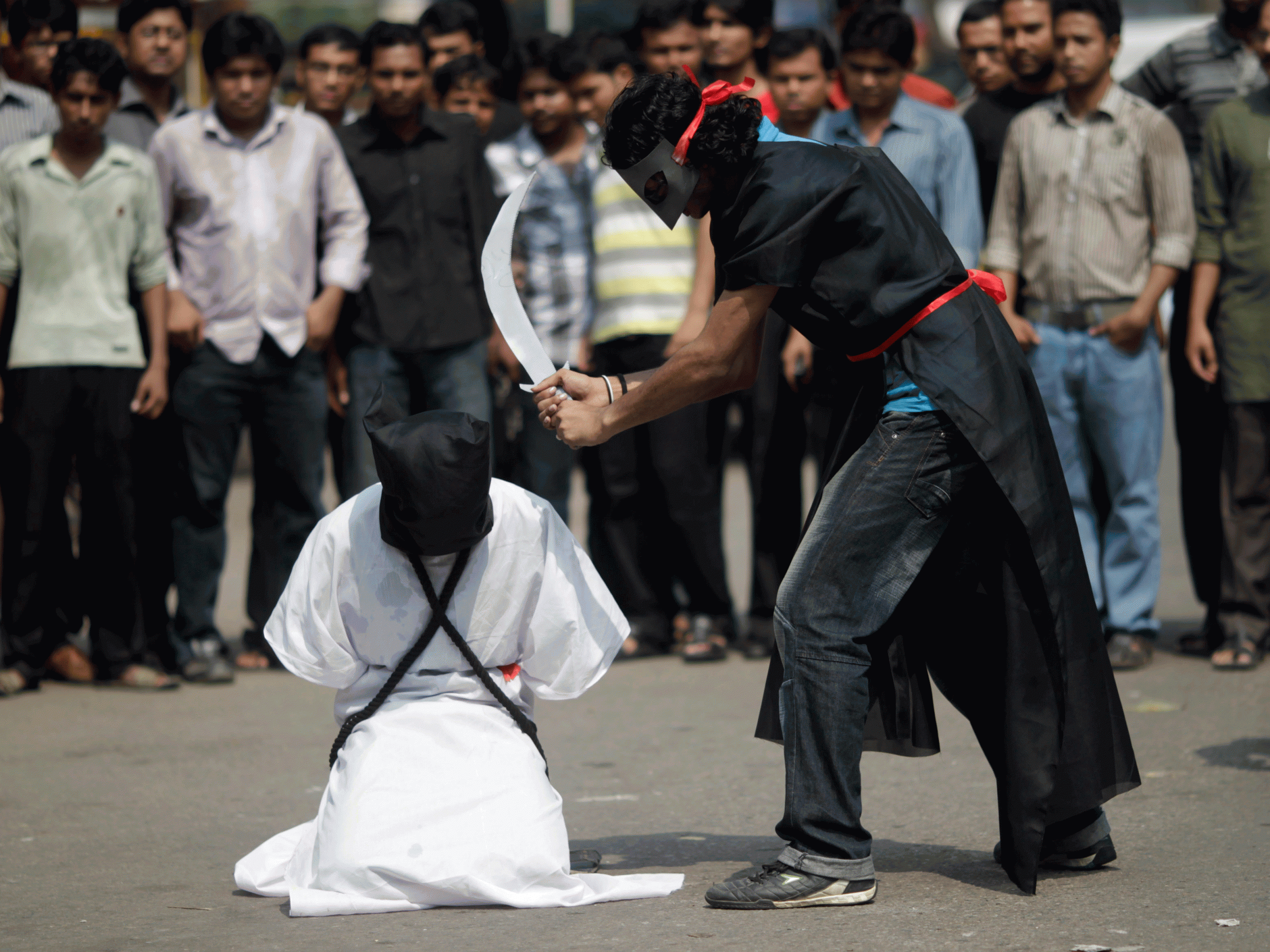Saudi Arabia and Iran execute more than 350 people in six months
'Executions are never the answer to stopping crime, especially when they result from a flawed justice system that ignores torture allegations'

Iran and Saudi Arabia have together executed more than 350 people this year, according to statistics released by human rights groups this week.
Iran carried out at least 250 people death sentences in the first six months of 2016, putting it second after China on the list of most state executions, a report by Iran Human Rights (IHR) found. This represents an average rate of about four executions every three days.
In the same period, Saudi Arabia executed 108 people, according to a Human Rights Watch report.

The figure for Iran actually represents a dramatic fall compared to last year. In the first seven months of 2015, Iran executed more than 700 people, with 969 people killed by the end of the year – the highest total in 25 years.
However Mahmood Amiry-Moghaddam, the spokesperson for Iran Human Rights, said there was no indication of any change of policy by the Iranian authorities.
“The numbers are lower than last year most probably because of the parliamentary elections in February and March of this year and the Muslim holy month of Ramadan in June," he said.
Also, the Iranian authorities do not report all executions that take place, so the number may be much higher than reported, according to IHR.
The majority of the executions carried out so far this year were of people convicted of murder and drugs offences.
Meanwhile Human Rights Watch said Saudi Arabia was “on track” to match the 158 executions it carried out in 2015.
Out of the 108 people executed by Saudi authorities this year, 47 were convicted of murder, 13 were drug smugglers and one was convicted of rape, according to Human Rights Watch.
Sarah Leah Whitson, Middle East director at Human Rights Watch, said in a statement: “Executions are never the answer to stopping crime, especially when they result from a flawed justice system that ignores torture allegations.
“There is simply no excuse for Saudi Arabia’s frequent use of the death penalty for non-violent drug crimes.”
Nearly half of those executed by Saudi Arabia this year were killed on the same day, 2 January, when 47 people were put to death after they were convicted of terrorist offences.
They included a prominent Shia cleric, Sheikh Nimr al-Nimr, whose death sparked international condemnation.
In 2012, the UN General Assembly called on countries to establish a moratorium on the use of the death penalty, to reduce the practice with the view toward its eventual abolition.
Join our commenting forum
Join thought-provoking conversations, follow other Independent readers and see their replies
Comments
Bookmark popover
Removed from bookmarks